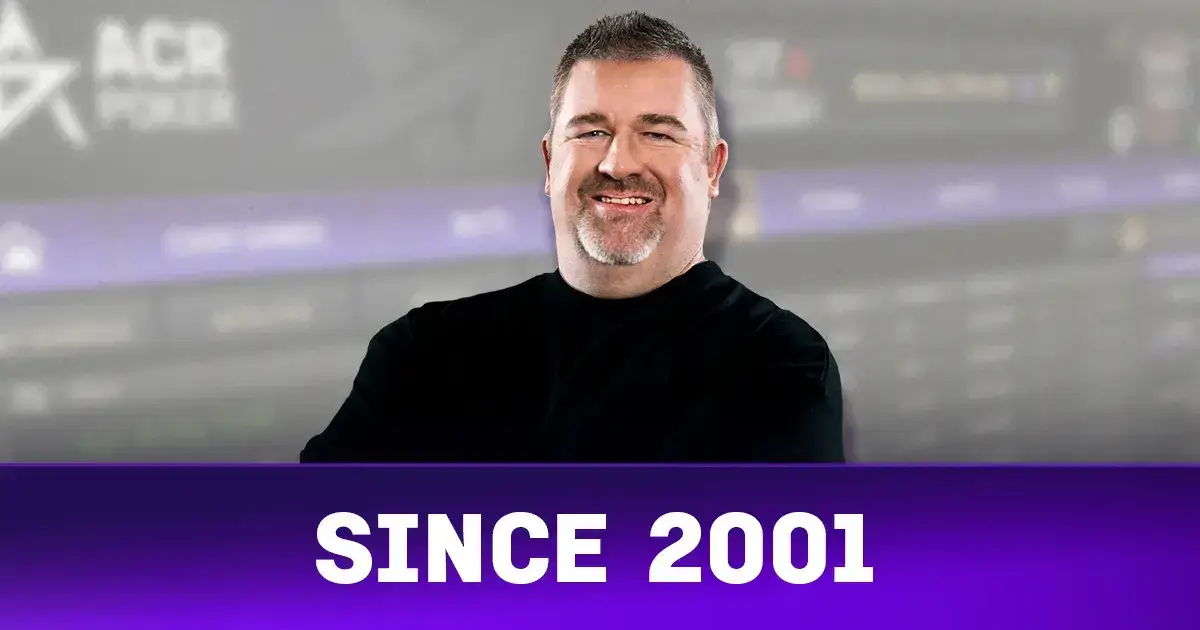Smash the Bubble: How to Turn ICM Pressure into Fold Equity
Tournament poker has one pressure point that separates real grinders from everyone else: the bubble. Whether it’s the money bubble, a final-table bubble, or a ladder-jump spot, players tighten up dramatically, and that’s your opportunity.
If you understand ICM bubble exploitation, you can turn fear into profit. You can turn other people’s caution into chips. And you can turn fold equity into a weapon that prints EV (Expected Value) hand after hand.
Let’s break down how to dominate these moments and turn bubble pressure into your competitive edge.
Why the Bubble Is the Most Profitable Moment in Tournament Poker
When players are close to cashing, their priorities shift. They stop thinking about chip EV and start thinking about survival. This is exactly why the Independent Chip Model (ICM) becomes crucial.
Your job isn’t to wait for aces. Your job is to apply pressure because other players can’t.
Step 1: Identify the Three Stack Types You Can Exploit
All ICM bubble exploitation starts with knowing which stacks you can attack and which you must avoid.
📉1. Short Stacks (5–15bb)
These players should be shoving correctly, but most aren’t. They’re scared to bust.
- Raise their blinds relentlessly
- Widen your shoves when they are in the blinds
- 3-bet shove over their opens; they’ll often fold hands they should call with
⚖️2. Medium Stacks (15–30bb)
These are the most profitable targets on the bubble. They can’t call off without risking everything. They can’t shove light. They’re stuck.
- Open wider into them
- 3-bet light, especially from late position
- Jam over their opens with high fold equity
📈3. Big Stacks (Your only caution spot)
You cannot pressure the only stack that can cripple or bust you.
Avoid:
- 3-betting light into big stacks
- Getting involved in bloated pots without strong hands
Rule: Pressure down. Avoid clashing upward.
Step 2: Master Bubble Fold Equity Shoving Ranges
You win on the bubble by understanding how much extra fold equity you have.
For example, let’s say you’re 20bb deep on the money bubble:
Standard shove range (no ICM pressure):
- 22–66
- A2o+
- K8o+
- Q9s+
- JTs, T9s
ICM-inflated shove range on the bubble:
- Any pair
- Any suited ace
- Any offsuit ace
- Any Kx suited
- Most suited queens
- Any two broadways
- Even hands like 65s, 54s, 97o become profitable in the right spots
You’re shoving because:
- They don’t want to bust.
- They can’t call off light.
- Your stack grows risk-free when they fold.
Every point of FE (fold equity) = free chips.
Step 3: Short-Stack ICM Shove/Fold Strategy
When you are one of the short stacks, the script flips. Players assume short stacks tighten up. Don’t make that mistake. You need to shove correctly, not emotionally.
✅Shove wider when:
- You’re opening into medium stacks
- Big stacks have already folded
- You have blockers (A, K, Q)
- You’re on the button or small blind
⚠️Shove tighter when:
- Big stacks are in the blinds
- Multiple short stacks remain
- Payout jumps are huge
- You’re at a final table bubble
Short stacks who are too cautious lose twice:
- They sacrifice fold equity
- They blind down
- They lose all opportunities to double
Your mindset must be: “I’d rather take a profitable shove than blind into dust hoping someone else busts.”
Step 4: Pressure Specific Player Types on the Bubble
💰1. The Cash-Game Player
They hate busting more than anyone.
- Barrel relentlessly
- 3-bet often
- Jam over wide opens
🛡️2. The Satellite Survivor
They’re in pure survival mode.
- Min-raise every button
- 3-bet them light
- Float flops—they’re not fighting for pots
😰3. The Fearful Recreational
They’re waiting for aces. They’ll fold AK preflop on the bubble.
- Shove nearly any two cards
- Overfold when they finally play back
- Use small sizing to test their nerve
Step 5: Use Table Image to Amplify Your Pressure
Your bubble dominance increases every time opponents notice you applying pressure. Once they believe you’re aggressive, your fold equity skyrockets.
🎭How to build the perfect bubble image:
- Show a good hand after a 3-bet shove (once)
- Maintain a fast, confident rhythm
- Don’t tank unnecessarily
- Stay chatty and loose—fearless players get more respect
This is exactly how Chris Moneymaker created pressure in his 2003 run and still does it today. Check his profile for more insight: Chris Moneymaker on ACR
Step 6: When NOT to Apply Pressure
Even aggressive bubble crushers have to know when to slow down.
Avoid bubble aggression when:
- There’s a huge stack behind you
- A player has <3bb left and will bust soon
- You’re the second-shortest stack
Sometimes the most profitable play is folding and laddering. ICM rewards patience in the right moments just as much as aggression in others.
Final Takeaway: Smash the Bubble, But Think Strategically
The bubble is where tournament life changes. It’s where weak players freeze and strong players feast.
Remember the formula:
- ICM pressure + opponent fear = fold equity.
- Fold equity + aggression = chip accumulation.
- Chip accumulation = deep runs and big scores.
Master this stage and you won’t just survive bubbles, you’ll crush them!
Ready to Dominate the Bubble?
Put these ICM bubble strategies to work at Americas Cardroom. Start applying pressure and watch your tournament results improve.
Start Playing Today
